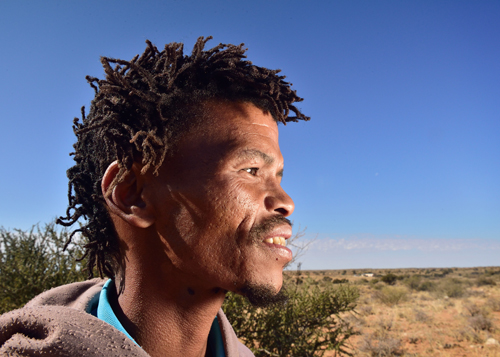
Your complimentary articles
You’ve read one of your four complimentary articles for this month.
You can read four articles free per month. To have complete access to the thousands of philosophy articles on this site, please
Books
The Roots of Equality by Lantz Miller
Frederik Kaufman examines a theory of the origins of equality.
The Roots of Equality (2023) is an extraordinarily wide-ranging, sophisticated, and deeply informed study of the origins of the idea of social equality and why it matters to us now. While the book is not for the faint of heart, being fairly academic, a straightforward theme runs through it: “the condition of social equality has been a part of human life for virtually the entire existence of the species… Humans thus respond with outrage at injustice if equality is markedly diminished” (p.15). Miller notes that the overwhelming history of our species was spent as nomadic foragers, and argues that such societies embraced a kind of social equality studied by anthropologists which is often seen in hunter-gatherer societies today, that includes such features as cooperation, sharing, gender parity, and autonomy, among other traits (p.63).
The problem is that we transitioned from nomadic foragers into settled agriculturalists; and so developed social hierarchy, wealth accumulation, domination, and a subsequent diminishing of social equality. This relatively new form of social life is out of step with our natural state as nomadic foragers, so the hierarchical societies that now dominate human life do not sit well with what we evolved to be used to. Equality is natural to us, hierarchy is not, so current societies are incompatible with our nature. It’s a searing indictment of humanity’s trajectory since the beginning of agriculture. What to do about it? We can’t return to being nomadic foragers since the global population is way too large for that.
Miller proposes that the concept of justice arose as an attempt to compensate for what we lost in the transition from more or less happy foragers to secure but unfulfilled agriculturalists: “Justice then serves as a means to approximate what humans had earlier experienced and to reinsert, in modern and contemporary SA [Sedentary Agricultural] societies, practices and institutions to safeguard what is an essential human trait, which we call ‘justice’” (p.162). So justice is an attempt to re-capture what was essential to an earlier way of life. This naturalistic account of the origin and point of justice is a fascinating suggestion.
Miller uses extensive anthropological resources rarely seen in philosophical discussions to ground his claims about the social equality of hunter-gatherers. His exploration of the philosophical history of equality is deeply informed and interesting. Overall, his case for thinking that we have indeed lost something valuable in transitioning from a nomadic to a sedentary form of life is compelling. One suspects, however, that Miller is being coy when he writes on p.138, “The empirical findings… still cannot say we should aim to realize equality A” (Equality A is his term for the equality of nomadic foragers). If that’s where our wellbeing lies, then why not aim for it? And if we aim at justice to safeguard ‘an essential human trait’ from our past, then surely safeguarding essential human traits is precisely what we should do.
One wonders if the reason we promote justice is only because it’s a response to part of our natural history. There might be independent reasons to do so, such as believing it is intrinsically morally correct to do so. Yet our keen sense of justice could nevertheless have the naturalistic source that Miller explores. But further, is our typical outrage at social inequality (something Miller notes repeatedly) because of inequality per se, or is it because drastic inequality often leads to impoverished and miserable lives, and that is what outrages us? After all, wealthy people are not generally morally outraged by even wealthier people, even if there is a drastic disparity in wealth.

The Bushmen or San of the Kalahari Desert have a strongly egalitarian society
Khomani San tribesman, Kalahari © South African Tourism Creative Commons 2.0
One of the most attractive features of nomadic forager societies, according to Miller, is that they promote individual autonomy (p.169). This seems dubious, since cohesion and the subordination of individuality to the tribe’s good seem necessary for nomadic foragers to survive as such, and that would appear incompatible with personal autonomy.
Social and political theorizing often grounds fundamental concepts in hypothetical situations. The Roots of Equality offers instead a plausible naturalistic account of how the desire for equality arose and why it’s important to us. Due to its academic nature (and price), I recommend this book primarily for those with advanced philosophical training – although Miller’s thesis would also be interesting for a wider audience.
© Prof. Frederik Kaufman 2025
Frederik Kaufman is Emeritus Professor of Philosophy & Religion at Ithaca College, NY.
• The Roots of Equality: Anthropological and Normative Sources, Lantz Miller, 2023, Lexington, 306 pages, £69.14 hb









